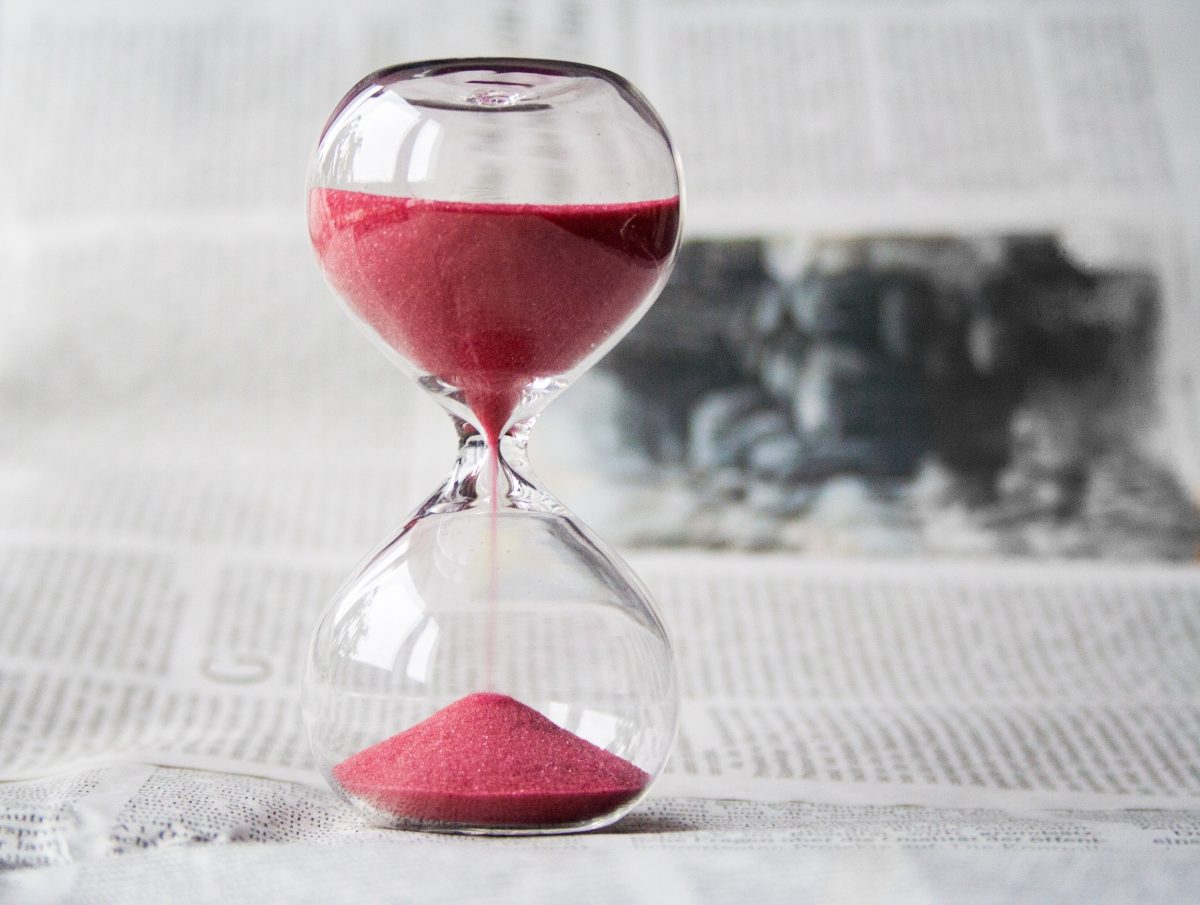The president of INPI (National Institute of Industrial Property), Cláudio Furtado, said that in two years, backlogs (stock orders pending decision) will be reduced from 7.5 to 2 years of waiting.
The announcement was made during the CAS Summit de Inovação, an event held by the Chemical Abstracts Service (a division of the American Chemical Society) that discussed the challenges to innovation in Brazil with the presence of chemical giants such as Basf, Braskem, Ultrapar, and Abiquim.
Currently, the backlog in the registration of patents in Brazil reaches 7.2 years. When reducing to two years, the INPI’s President intends to see Brazil become a reference in intellectual property in the world. “If Brazil produces 30,000 patent applications a year and China 1.5 million, there is something very wrong here and we are struggling to reverse this scenario,” Furtado said.
“This means that we will increase our efficiency in technical decisions by 350%. Currently, we take 17 thousand technical decisions per year and we will start to realize 64 thousand “, affirmed the INPI president.
This will be possible, according to Furtado, thanks to a series of measures that have been put into practice to improve productivity. One is teleworking, which is giving the opportunity for a portion of the examiners to work from home.
“The goal was for them to increase their efficiency by 30% with this measure and the result was better than we expected, as it reached 41%,” he explained.
Another initiative is the simplification of the examination of patents with the aid of a program that offers legal certainty to decisions without the examiner losing its autonomy by deciding whether or not to grant the registration.
The INPI’s President also celebrated Brazil’s accession to the Madrid Protocol, recently approved by Congress and expected to be signed by President Jair Bolsonaro next week.
As a result, the brand owner can protect it at one time in 120 different countries, which account for about 80% of global trade.
The trademark “Café do Brasil”, for example, is only valid in Brazil until a businessman in Turkey decided to register it in his country. This type of problem damages many national markets and we have to make the small and medium exporter have their trademarks protected internationally, “exemplified Cláudio Furtado. As a result, the trademark owner can protect it at one time in 120 different countries, which account for about 80% of global trade.
News from: Segs

